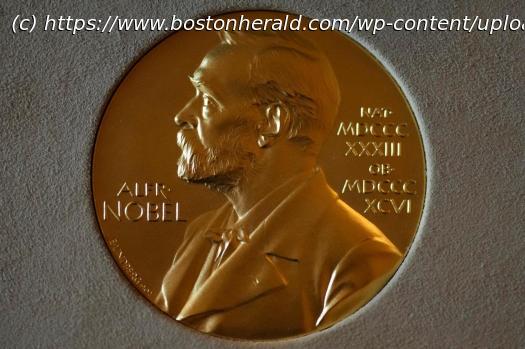The Nobel committee highlighted the trio’s 1980s research as foundational for developing quantum technology, including computers and sensors.
John Clarke, Michel H. Devoret and John M. Martinis won the Nobel Prize in Physics on Tuesday for research on seemingly obscure quantum tunneling that is advancing digital technology.
Clarke, 83, conducted his research at the University of California, Berkeley; Martinis at the University of California, Santa Barbara; and Devoret at Yale and also at the University of California, Santa Barbara.
“To put it mildly, it was the surprise of my life,” Clarke told reporters at the announcement by phone after being told of his win.
He paid tribute to the other two laureates, saying that “their contributions are just overwhelming.”
“Our discovery in some ways is the basis of quantum computing. Exactly at this moment where this fits in is not entirely clear to me.”
However, speaking from his cellphone, Clarke added: “One of the underlying reasons that cellphones work is because of all this work.’’
The Nobel committee said that the laureates’ work in the 1980s continues to provide opportunities to develop “the next generation of quantum technology, including quantum cryptography, quantum computers, and quantum sensors.
Start
United States
USA — mix Nobel Prize in Physics goes to 3 scientists whose work advanced quantum...






